Genetic testing can give us tremendous insight into our own health and, more importantly, our optimal diet and lifestyle choices given our genetic predisposition. I’ve long held that the Paleo diet is far from a one-size-fits-all approach and try to steer away from Paleo dogma in all of my writing.
Table of Contents[Hide][Show]

In this series, I am covering specific genes that can tell us a lot about disease risk and how we can modify our implementation of Paleo to mitigate that risk (see also Genes to Know About: ApoE and Genes to Know About: MTHFR). You may be able to request genetic testing through your doctor (my functional medicine doctor ran genetic screening on me as part of my first evaluation) or you can order a genetic test to do at home. I recommend 23andMe which you can purchase here.
For many of us, it’s hard to imagine a day that doesn’t kick off with a cup of something caffeinated (and if we do imagine such a day, it’s bound to be a pretty unpleasant one). While feeling dependent on any substance to get us through the day isn’t a good thing, the recent research confirming legitimate health benefits for coffee and tea (see The Pros and Cons of Coffee) makes it easy to view these pick-me-ups as harmless (and even helpful!) additions to our lives.
However, genetics play a major role in how our bodies respond to caffeine, and at what intake caffeine can become dangerous. The CYP1A2 gene controls the activity of the cytochrome P450 1A2 enzyme, which is responsible for nearly all of our metabolic processing of caffeine. Two variants of the gene exist: the CPA1A2*1A allele results in fast caffeine metabolism, while the CPA1A2*1F allele results in slower caffeine metabolism. People with two copies of the CPA1A2*1A allele are fast caffeine metabolizers, and people with at least one copy of CPA1A2*1F are considered slow caffeine metabolizers. Because of reduced enzyme activity in the liver, slow metabolizers break down caffeine at a more gradual rate, experience a stronger effect of caffeine, and have caffeine present in their system for longer periods of time than fast metabolizers.
1A2 enzyme, which is responsible for nearly all of our metabolic processing of caffeine. Two variants of the gene exist: the CPA1A2*1A allele results in fast caffeine metabolism, while the CPA1A2*1F allele results in slower caffeine metabolism. People with two copies of the CPA1A2*1A allele are fast caffeine metabolizers, and people with at least one copy of CPA1A2*1F are considered slow caffeine metabolizers. Because of reduced enzyme activity in the liver, slow metabolizers break down caffeine at a more gradual rate, experience a stronger effect of caffeine, and have caffeine present in their system for longer periods of time than fast metabolizers.
While being a “slow metabolizer” might sound like a good thing (increasing the amount of time we feel perked up by caffeine can’t be bad, right?!), it can actually lead to significant health risks for moderate or heavy caffeine consumers. For slow metabolizers, drinking more than 100 mg of caffeine per day (about one cup of coffee or one and a half cups of tea) significantly increases the risk of having a heart attack. In fact, for people under the age of 59, drinking upwards of four cups of coffee per day increases the risk of having a nonfatal heart attack nearly fourfold compared to people in the same age group who consume less than one cup of coffee per day! In general, slow caffeine metabolizers who drink coffee are also at a greater risk of high blood pressure (as well as complications from high blood pressure). Compared to coffee-abstainers, heavy coffee drinkers are three times more likely to develop hypertension.
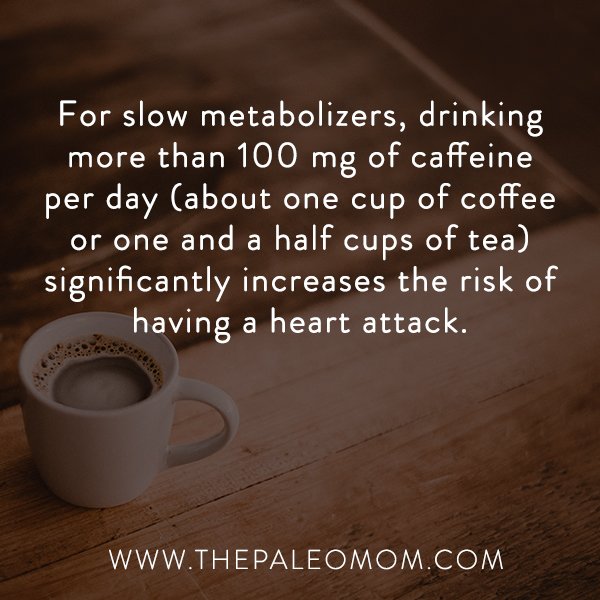
Likewise, slow-metabolizing women have several reproductive risks from consuming caffeine. Slow metabolizers who drink over 100 mg of caffeine per day have an increased risk of miscarrying a pregnancy or reducing their fertility. For slow metabolizers who drink at least 300 mg of caffeine per day, the risk of recurring pregnancy loss is 5.3 times higher than for slow metabolizers who drink less than 100 mg of caffeine per day!
On the other hand, fast caffeine metabolizers don’t have a higher risk of heart attacks or hypertension, and might actually see some protection from these conditions as a result of caffeine consumption! Fast metabolizers who are heavy coffee drinkers have a 64% lower risk of high blood pressure than fast metabolizers who don’t drink any coffee. And for fast metabolizers under the age of 59, drinking one cup of coffee per day is associated with a 52% lower risk of having a nonfatal heart attack (compared to drinking less than one cup per day), and drinking two to three cups of coffee per day is associated with a 43% lower risk of having a nonfatal heart attack. What’s more, women who are fast metabolizers don’t see any significant risk increase for pregnancy loss with higher intakes of caffeine.
For years, the scientific literature on caffeine and caffeinated beverages has been conflicting, with some research showing increased risk of health problems and others showing the opposite. The genetic differences in caffeine metabolism are a major reason the health effects of caffeine have been so inconsistent between studies. Three cheers for genetic variation!
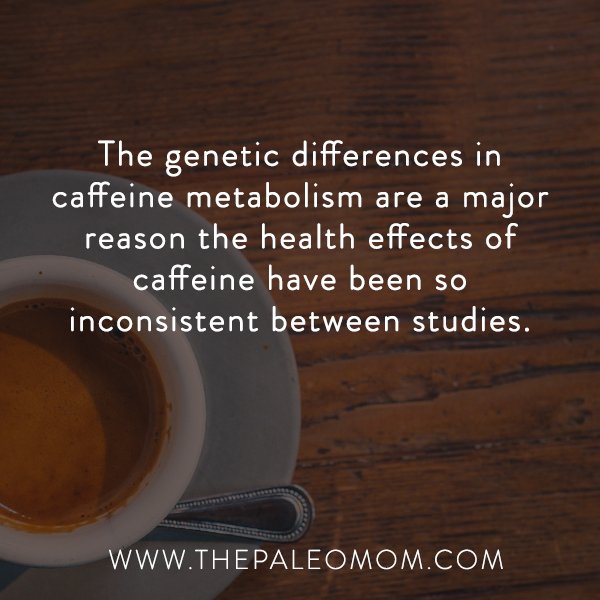
So, the takeaway? Unless existing health conditions dictate otherwise, and as long as it doesn’t interfere with getting a good night’s sleep, fast caffeine metabolizers can enjoy even high intakes of caffeinated beverages without raising their risk of heart attacks, high blood pressure, or reproductive issues. What’s more, fast metabolizers can benefit from the naturally occurring polyphenols, antioxidants, and bioactive compounds in coffee and tea (many of which get stripped away during the decaffeination process). But for slow caffeine metabolizers, the story is much different! To reduce the risk of serious health problems, slow caffeine metabolizers should avoid consuming more than 100 – 200 mg of caffeine per day (about one to two cups of coffee), and should definitely avoid becoming heavy caffeine drinkers (the equivalent of three, four, or more cups of coffee per day). Most studies don’t show evidence of harm at intakes below 100 mg of caffeine per day, so if caffeine is in the equation at all, this is a safe level to shoot for. For reference, the caffeine
Nutrivore Weekly Serving Matrix
An easy-to-use and flexible weekly checklist
to help you maximize nutrient-density.
The Weekly Serving Matrix is very helpful! I’ve been eating along these lines but this really helps me know where to focus vs. which foods serve a more secondary role. It’s super helpful and has taken a lot of worry out of my meal planning. Thanks!
Jan
levels of some popular beverages and products are:
- Drip coffee: 115 – 175 mg per cup (8 oz)
- Brewed coffee: 80 – 135 mg per cup (8 oz)
- Espresso: 40 mg per shot
- Black tea: 47 mg per cup (8 oz)
- Green tea: 30 mg per cup (8 oz)
- Decaf coffee: 5 mg per cup
- Dark chocolate: 20 mg per 1 oz
- Excedrin: 130 mg per 2 tablets
- NoDoz: 100 mg per tablet
Getting Tested
Last but not least: how can we figure out whether we’re fast or slow caffeine metabolizers? The only way to know for sure is through genetic testing. Along with genetic testing kits like 23andMe, CYP1A2 tests can be ordered through health care providers or through independent testing companies online, many of which require only a cheek swab (rather than getting blood drawn). Given the serious implications of slow caffeine metabolism on disease risk, knowing which gene variants we carry is a smart idea for anyone who enjoys caffeinated beverages on a regular basis.
Don’t forget to save your FREE spot in the upcoming Interpreting Your Genetics Summit! I’m excited to be speaking along some incredible thought leaders! Join us as we share the best practices for using genetic information to alter your lifestyle, guide treatment and create better health! This is the perfect time to order your 23andMe and then join me this August 21-28th for this incredible online event!
Citations
Cornelis MC, et al. “Coffee, CYP1A2 genotype, and risk of myocardial infarction.” JAMA. 2006 Mar 8;295(10):1135-41.
Palatini P, et al. “CYP1A2 genotype modifies the association between coffee intake and the risk of hypertension.” J Hypertens. 2009 Aug;27(8):1594-601.
Sata F, et al. “Caffeine intake, CYP1A2 polymorphism and the risk of recurrent pregnancy loss.” Mol Hum Reprod. 2005 May;11(5):357-60.
“USDA Food Composition Databases.” United States Department of Agriculture. Agricultural Research Service.


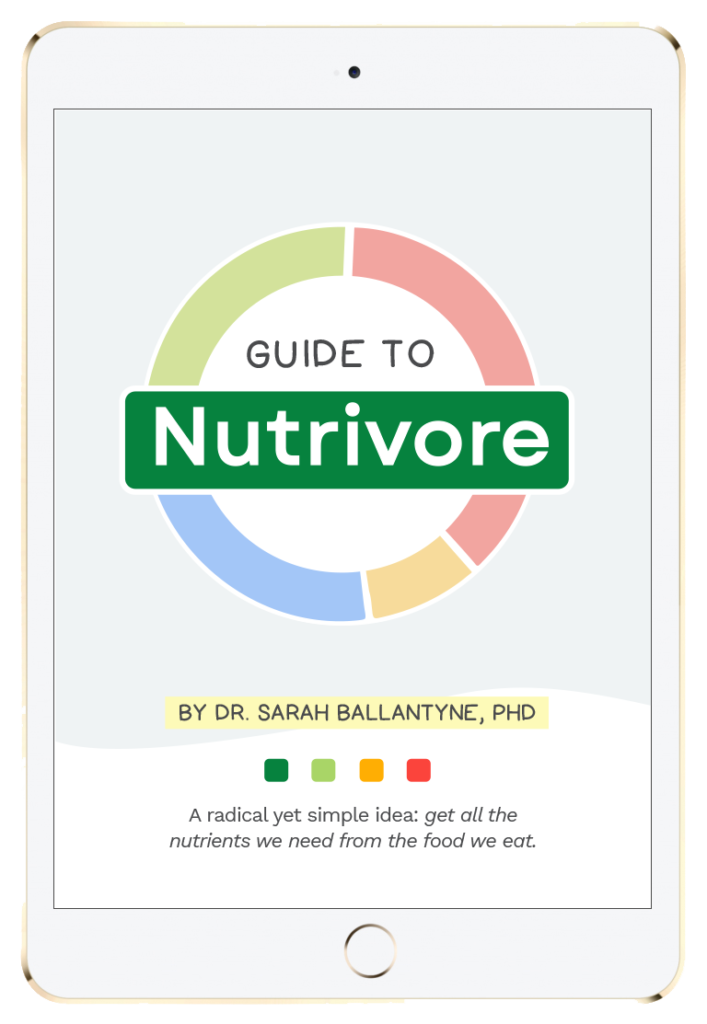

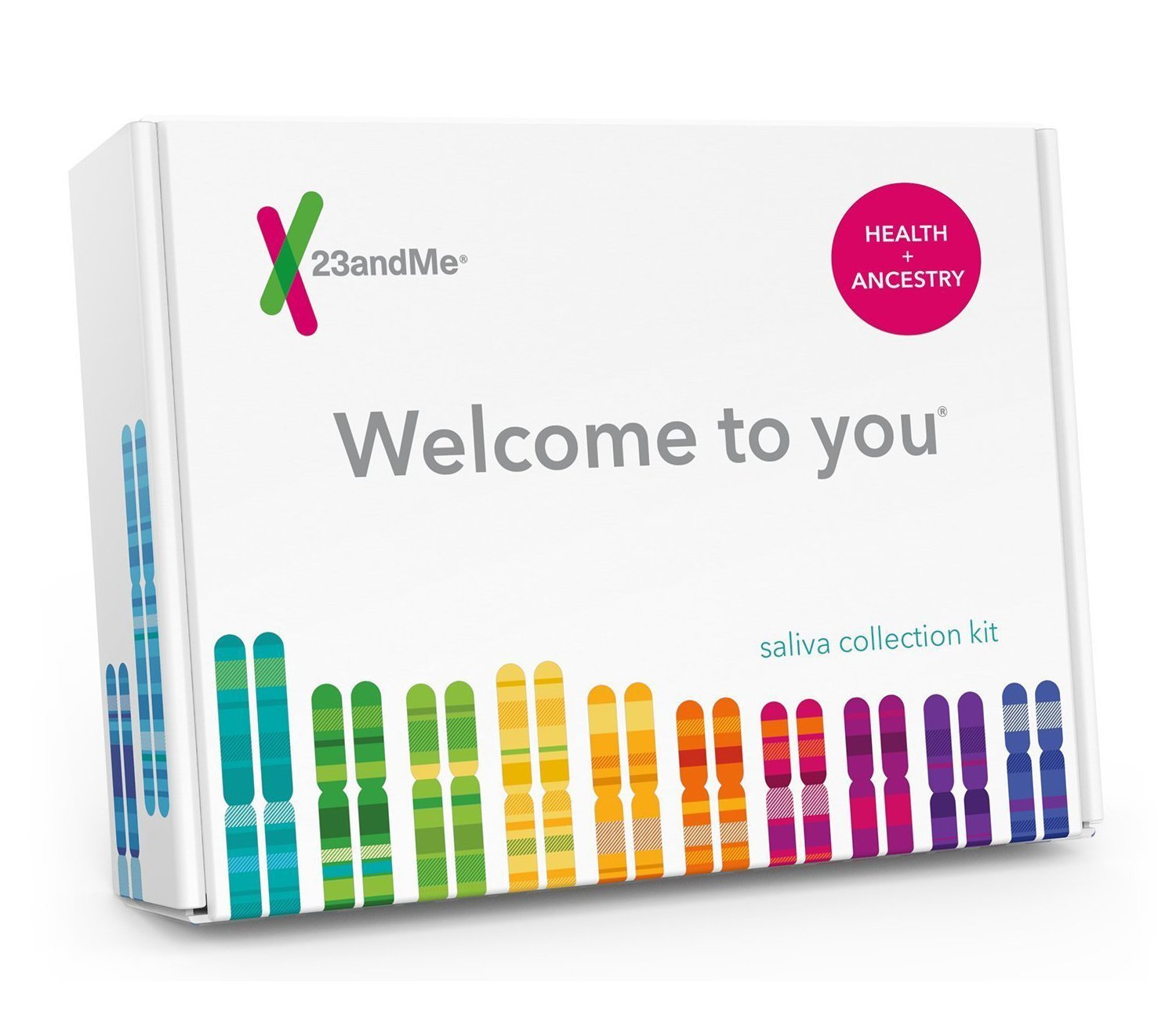
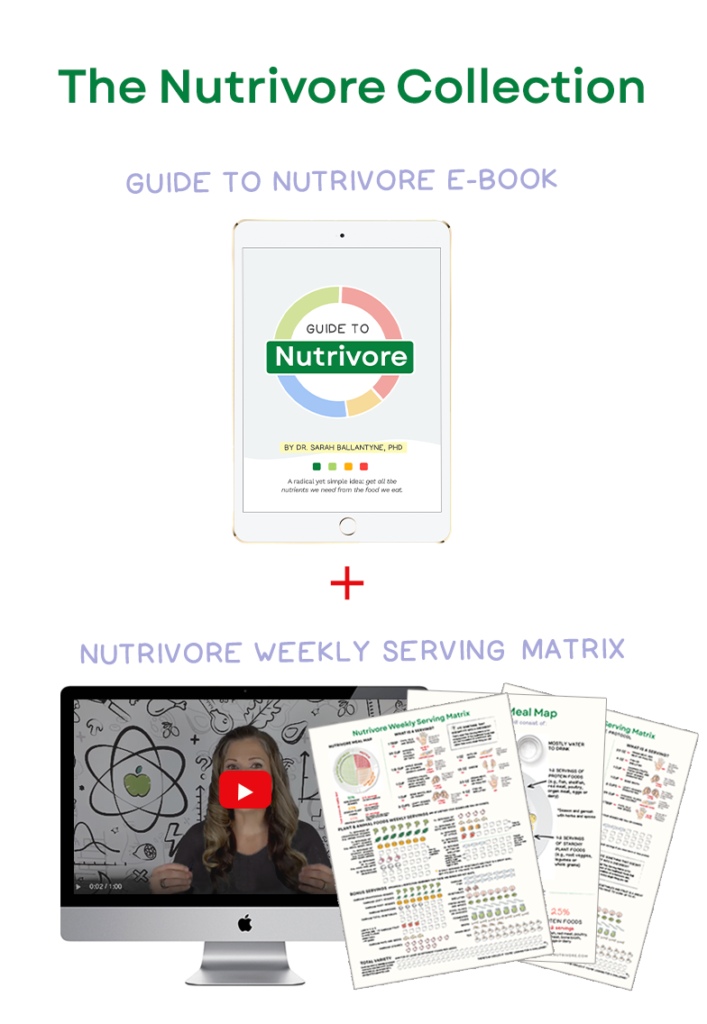
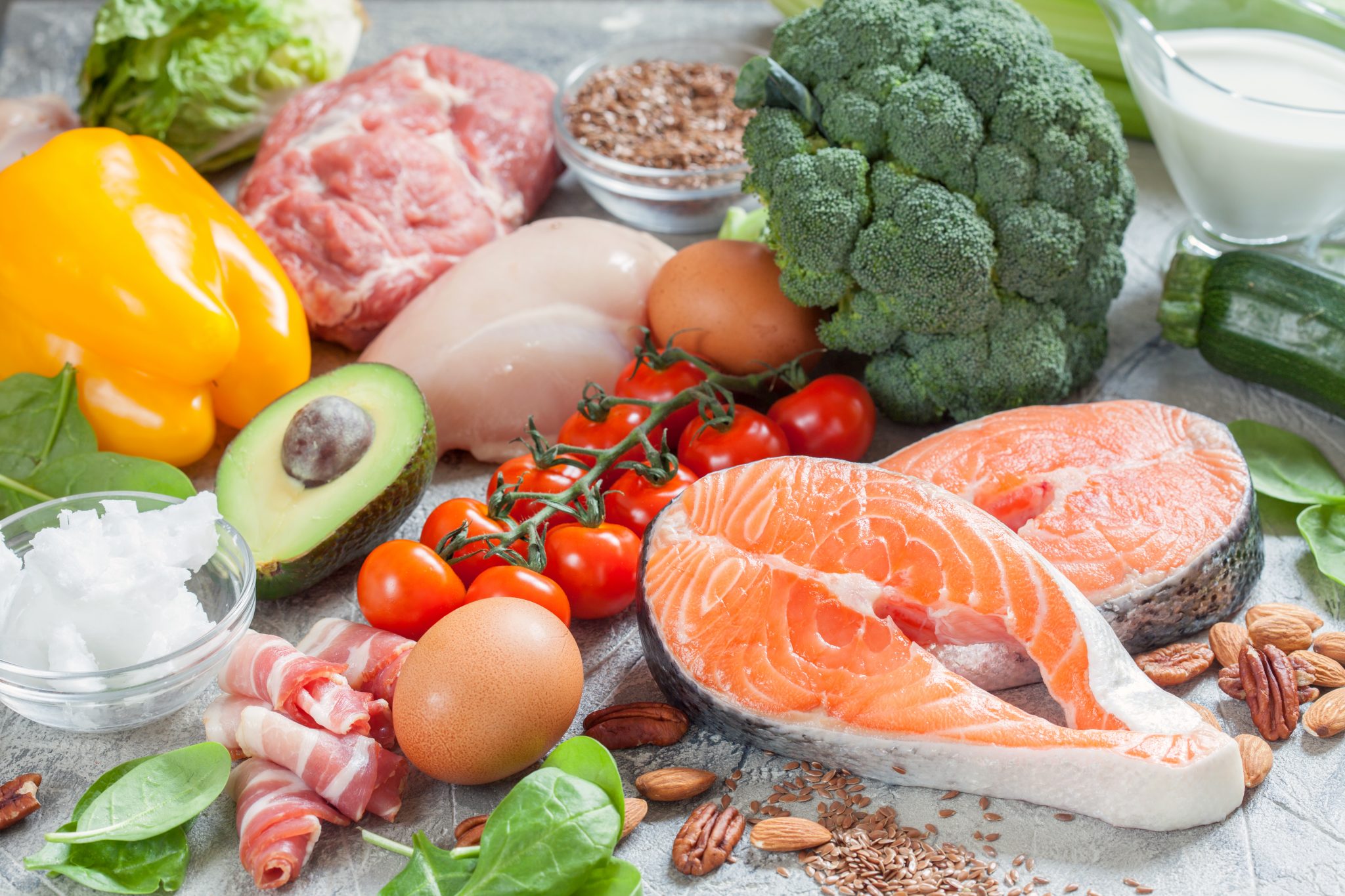
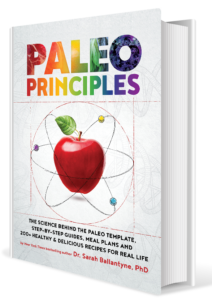
 TPV Podcast, Episode 260: Uh Oh! Stacy Got Sick!
TPV Podcast, Episode 260: Uh Oh! Stacy Got Sick!